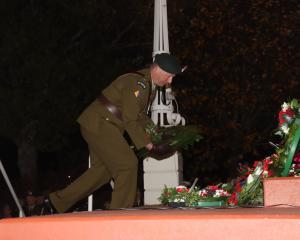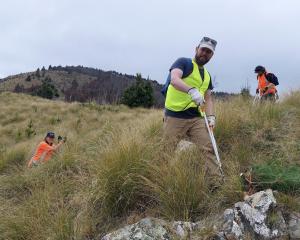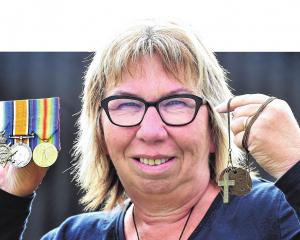
During a meeting yesterday, councillors considered a report on "standing orders and code of conduct" by director corporate services Nick Donnelly.
Former ORC councillor Gerry Eckhoff laid a code of conduct complaint against council chairman Stephen Woodhead last year over comments made to the news media, and the complaint was later not upheld.
At the time it was noted that the ORC’s existing code of conduct did not include a process for dealing with a complaint under the code of conduct for councillors.
In the report, Mr Donnelly said that Local Government New Zealand’s suggested model included the use of an "independent investigator".
"It has been queried whether this is required and whether mediation might not resolve some issues before an investigator is required."
LGNZ had since clarified that the code was designed to "find a process that is free of any suggestion of bias and which can independently remove trivial matters".
And an issue in some alleged breaches had been "the process by which complaints are heard in the first instance’’, the report said.
Cr Laws took issue with the LGNZ approach and disagreed with making extensive use of "independent investigators", and said LGNZ had ‘‘never had a very sensible view’’ of such matters.
This was, in effect, the "nuclear option" and, far from resolving matters dispassionately, was likely to further entrench disagreements and conflicts, he said.
Going down that track risked "making it worse, not making it better".
Cr Laws said that if the ORC chairman or, alternatively, the deputy, were not directly involved in the complaint they were fully capable of deciding if a complaint was merely trivial or a matter of substance which should be taken further.
Having an independent investigator contact the respective parties in all cases would not help resolve matters amicably, and it was crucial that, irrespective of the outcome of any particular complaint, that councillors be able to work well together after the complaint had been dealt with, he said.
After some discussion, councillors generally supported the viewpoint of Cr Laws, and Mr Donnelly has been asked to draft a preferred wording, reflecting the council view, for the revised section of the code of conduct.Councillors will consider the proposed revision at a later meeting.












